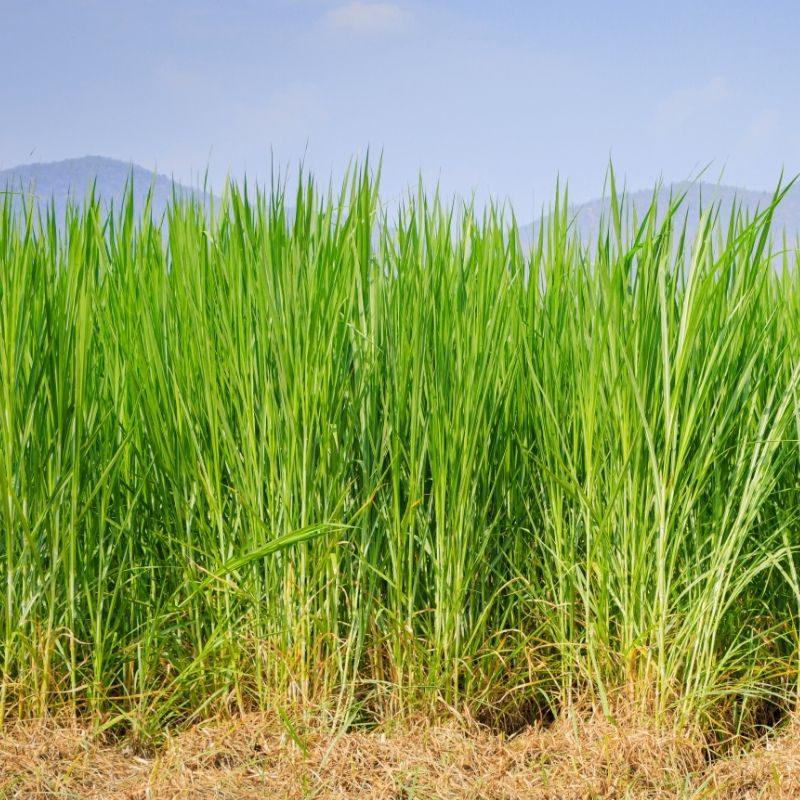Cultivating personal and team resilience, even during challenging times

By Antoine Laganiere
There’s a general contraction in the economy right now. Businesses around the world are bracing for what may be tough times ahead. In situations like this, there can be a natural tendency for us as individuals to do the same. To protect ourselves by defaulting to stress or fear behaviours. Become reactive. Focused on short term results. Less collaborative, and less willing to share resources and mobilize energy for projects or goals that are bigger than ourselves, our teams, or our organizations.
When we revert to these behaviours, we see the world around us as challenging and full of obstacles. So we start thinking we have to do more. Hit more targets. Complete more projects. Make more sales.
But it’s a slippery slope between feeling like we need to do more to protect what we have or want to achieve, and burnout.
Between thinking we need to be more productive to survive, and having our emotions negatively affect us and everyone around us.
We have the opportunity to tip away from fear and stress
While it’s understandable to feel uncertain and stressed during challenging times, it’s important to be aware of what we’re feeling and find ways to get ourselves back to our open and receptive performance zone. Where we’re our most creative, productive, engaged, happy, and confident. Where we’re excited to collaborate with others because we’re less focused on ourselves. Where we’re working toward long-term success.
Easy to say, harder to do. When we’re excelling at sales or our sports team is on a winning streak, it’s easy to stay open and receptive. But when business performance is down or we haven’t won in the last five games, it’s harder to remain in this zone.
Being aware of our feelings and actions, seeing the impact we’re having on the people around us – our teams, colleagues, clients, friends and families – helps us notice when we’re at that inflection point. When we have the opportunity to tip away from fear and stress, towards creativity and collaboration.
Start by checking in to rebalance our four energies
To support our steps toward openness, we can check in with our four energies and see what we can do to rebalance them. Maybe we need to take breaks to helps ourselves get back to our performance zone.
Because it’s important to recognize as leaders, that even in times of stress, we need to be resilient. Not faux resilient – struggling in the survival zone as long as possible – but truly resilient – remaining open, receptive, and collaborative even when the world around us is challenging.
Because we’re the foundation of our teams – and if we crumble, we risk the whole team crumbling as well.
Once we’ve taken care of ourselves, we can focus on the people around us and the tasks at hand. With a resilient mindset. We keep working hard and doing the right things – and we don’t push ourselves to do more or drastically change our strategy. We adopt the approach Roger Federer used to become one of the most successful tennis players in the world. Federer won almost 80% of the matches he played, by winning just 54% of the points. He didn’t let losing or winning points impact his game. And it’s this resilience and courage to remain confident in that truth that stood him apart from other players and helped him achieve incredible success over a decades-long career.
As leaders we can use Federer’s strategy with our teams. We can acknowledge that the situation is challenging and continue applying our foundational habits to support ourselves and our people, for example:
Physical
Ensure everyone’s eating well and getting some regular exercise. Taking time to rest properly throughout the day and at home. Perhaps have everyone take a day off to recharge after a particularly tough project or big sale.
Mental
Ensure everyone on the team has the organizational support needed to remain cognitively clear and present. Being organized in terms of objectives, limiting distractions, and finding the time to get into flow as an individual and as a team.
Emotional
Express gratitude for and recognize people when they do great work – and our clients when we interact with them. Label and recognize our emotional states and those of others and take the time to pause and center when we inevitably have some unpleasant emotions and feelings rise up.
Directional
Remind ourselves and live by our most cherished values and priorities as individuals and organizations, by aligning our behaviours to them.
We need to stay open, even when we feel things around us close down
The individual aspect of this approach is key. Because before we can lead our teams through challenging times, we need to be aware of and address our own personal situation. If we’re lost in the stress of uncertain times, in the fight/flight/freeze mode, and not aware of it, we have no chance of being the leaders our people need.
When we can take care of ourselves and get back to a sense of openness and collaboration, of social engagement, we can see others on our teams more clearly, tackle problems more efficiently, and ultimately get better results in a fulfilling way.
We have the energy to notice when our people are struggling and when they’re thriving. And we can help support them through their challenges and celebrate their efforts.
As leaders, we have to be resilient especially during challenging times. We need to remind ourselves what resiliency really means and have the courage to live it. We need to stay open even when we feel things around us close down. That’s our chance to show ourselves and our people who we truly are as leaders. And use that energy to benefit us all.




